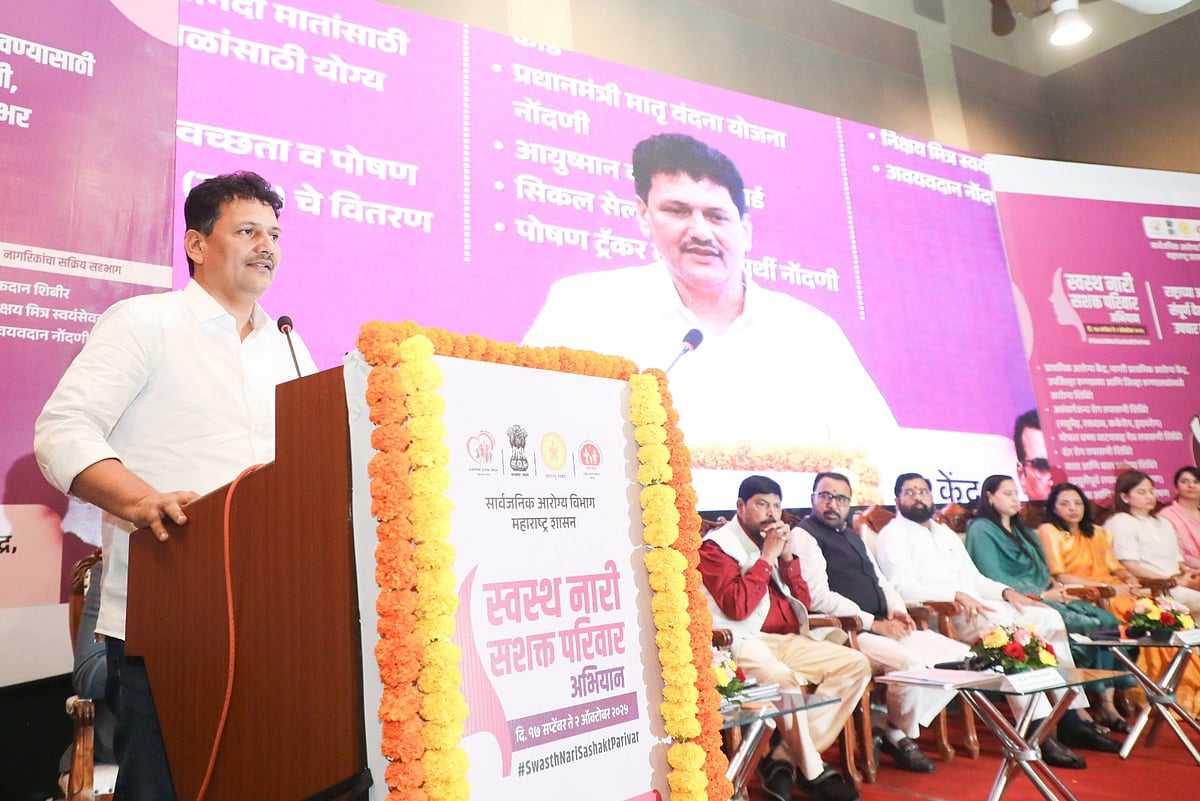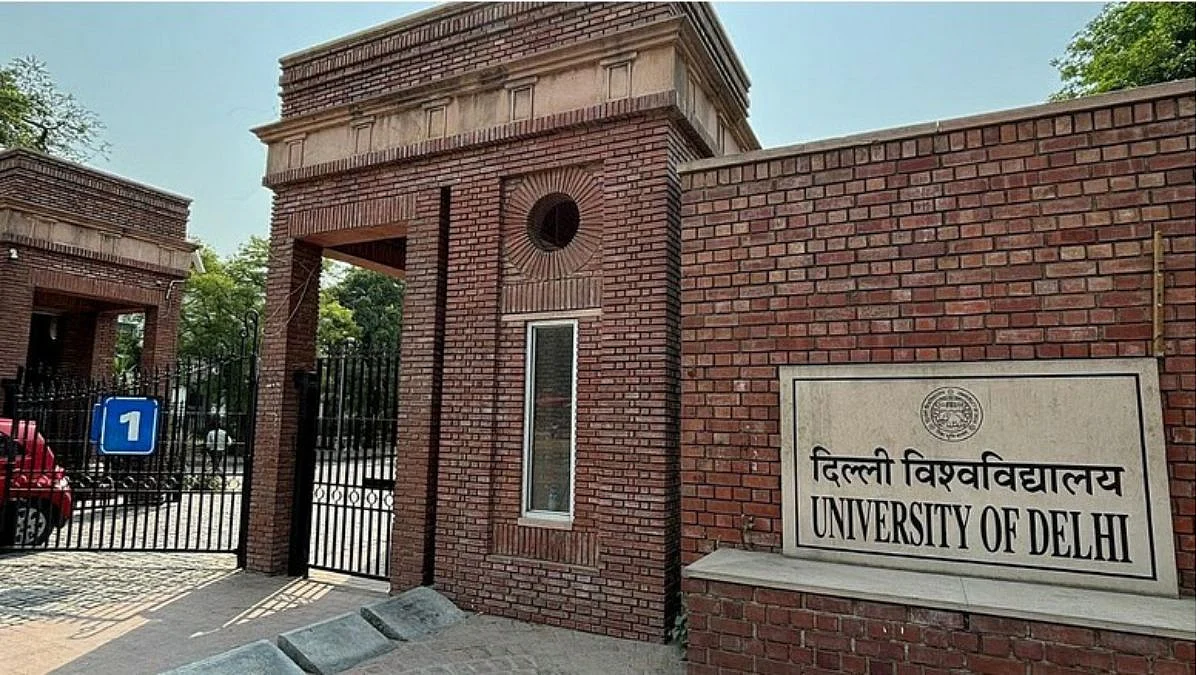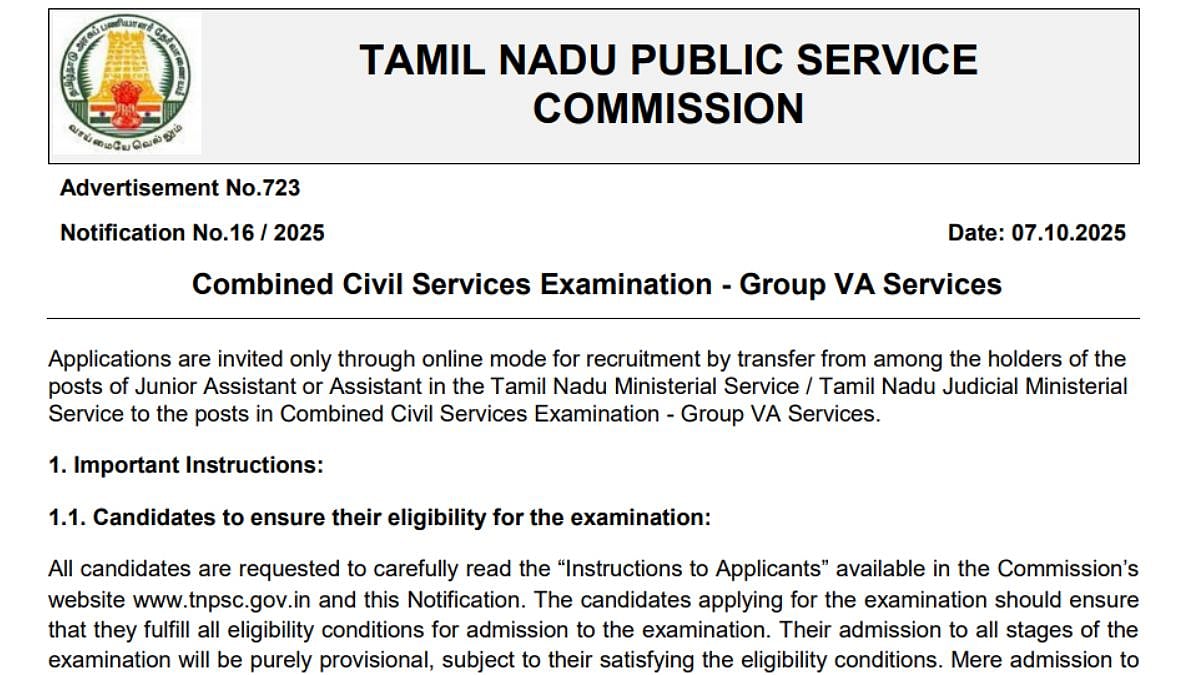Mumbai: The Centre of Excellence in Teacher Education (CETE) at Tata Institute of Social Sciences (TISS) Mumbai, in collaboration with the University of Sussex, conducted a comparative study of initial teacher education in select BRICS countries and the UK. On August 25 and 26, the Symposium, titled teacher preparation for equity and inclusion: Possibilities and Prospects, took the deliberations of this study forward. Educationists from Brazil, China, India, and South Africa attended the conference, with discussions ranging from the issues of governance and regulation in teacher education to delving into the aspects of teacher preparation in these four different countries.

Prof. Shalini Bharat
“The CETE has been engaged with addressing issues with teacher education in India and the Global South. Thus, continuing TISS’s legacy in the domain of teacher education as well," said Prof. Shalini Bharat, Director, TISS, during the session.

Dr. Ian Menter
Inclusion in teacher education
While highlighting that inclusion is key in teacher education, Prof. Ian Menter, Professor Emeritus at the Department of Education, University of Oxford, spoke about its importance. “What do we mean by inclusion in teacher education? It is a complex term. Often, it covers various aspects of social conflict, tensions, and divisions. For me it means equal access, recognition of diversity among certain important aspects,” said Prof. Menter.


Prof. Yusuf Sayed
India and South Africa moving forward post-pandemic
Educators from India and South Africa, two of the major global emerging economies, also elaborated on new approaches post-Covid pandemic and policies in their respective countries. “In South Africa, like in any other education system, the introduction of new subjects needs to be accompanied by providing more professional development support for teachers, ensuring that there are teachers who are trained to teach subjects, and that schools have adequate resources for such subjects such as teaching and learning resources, that communities and parents are aware of such changes, etc., Significant curriculum reforms require expensive and sound planning and consultation. Further, there needs to be sound educational justification for the introduction of such subjects and how it will address the needs of students, particularly the marginalised and impoverished,” said Yusuf Sayed, Professor of International Education and Development Policy at the University of Sussex and Senior Research Fellow, Institute of Social and Economic Research, Rhodes University, South Africa. “An important shift that South Africa has made post the pandemic is to introduce a curriculum recovery programme which is based on the idea that over the next few years the coverage of the curriculum is to be adjusted to support the students who have ‘missed out’ on learning. This is based on the argument that South Africa has to make up for the ‘learning loss’ although we need to seriously unpack what this means and what exactly is lost,” added Sayed.

Prof. Mythili Ramchand
To the question of India adopting a new approach post-Covid, Prof. Mythili Ramchand, Co-Chairperson at CETE said that many institutions and NGOs had focussed on in-service teacher education, particularly providing teachers with digital skills but pre-service teacher education was neglected and there were no policy directives or support provided to teacher educators or student teachers by the governments and others. “A few teacher education colleges had taken initiative in providing training for teacher educators to shift to the online mode. But the overall focus of the government and NCTE was to collate online content, which was not always contextually relevant,” said prof Mythili.
Despite NEP 2020, support structures for teachers semi-utilized
While acknowledging that NEP 2020’s effect on education is yet to be seen, she argues that previous NPE 1986 and the Plan of Action 1992 had helped create support structures for teachers at the sub-district level but remained sub-optimally utilised. “The policy had brought teacher education and the need for universalisation of education to the forefront and the centrally sponsored scheme on teacher education it initiated had helped support teacher education to various extent across states. The social justice issues and inclusive approaches toward a learner-centered education that the National Curriculum Framework for School Education (NCF 2005) and the subsequent framework for teacher education (NCFTE 2009) for preparing humanistic and reflective teachers are just about beginning to show changes in the ground,” the professor added.











